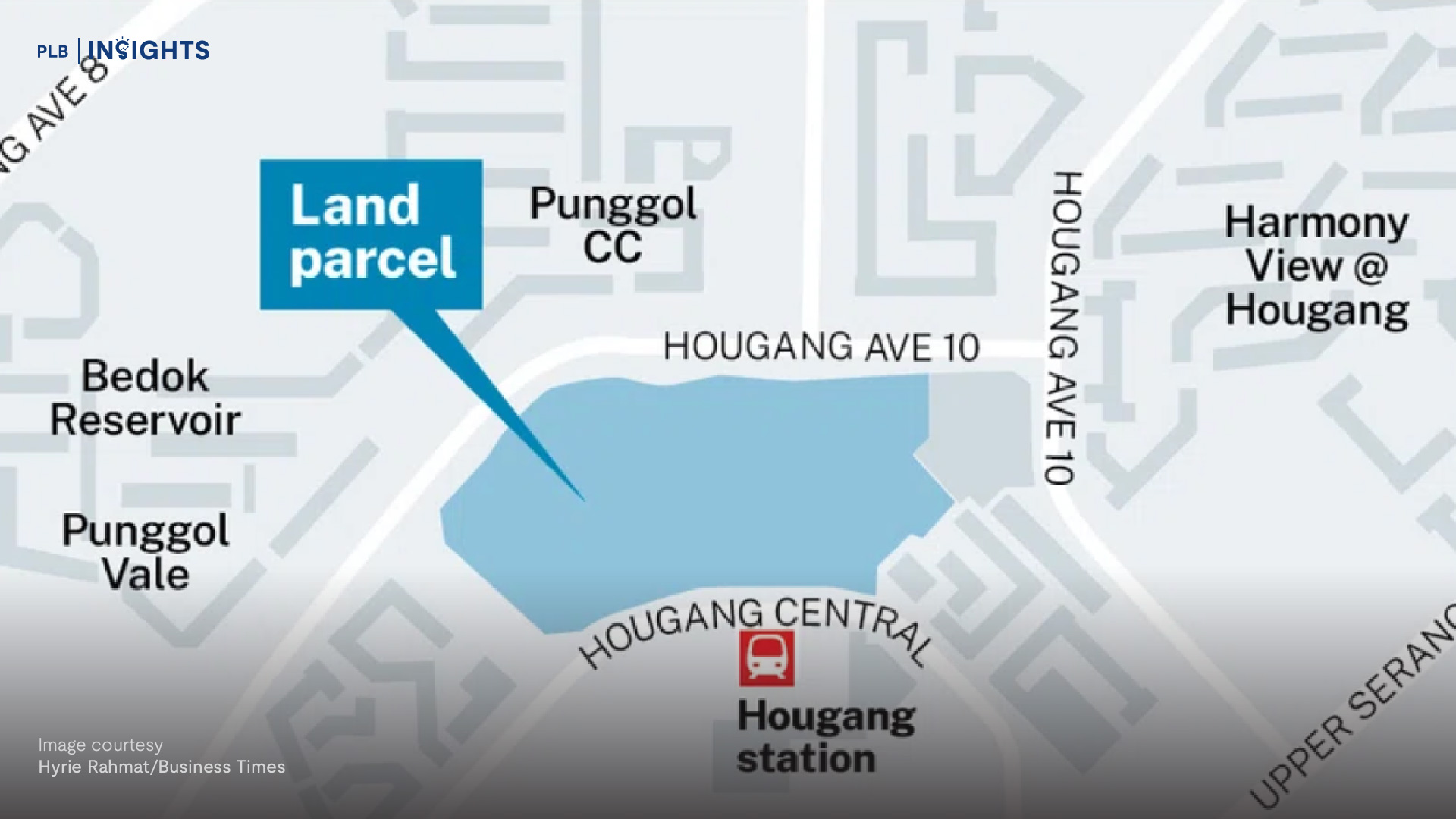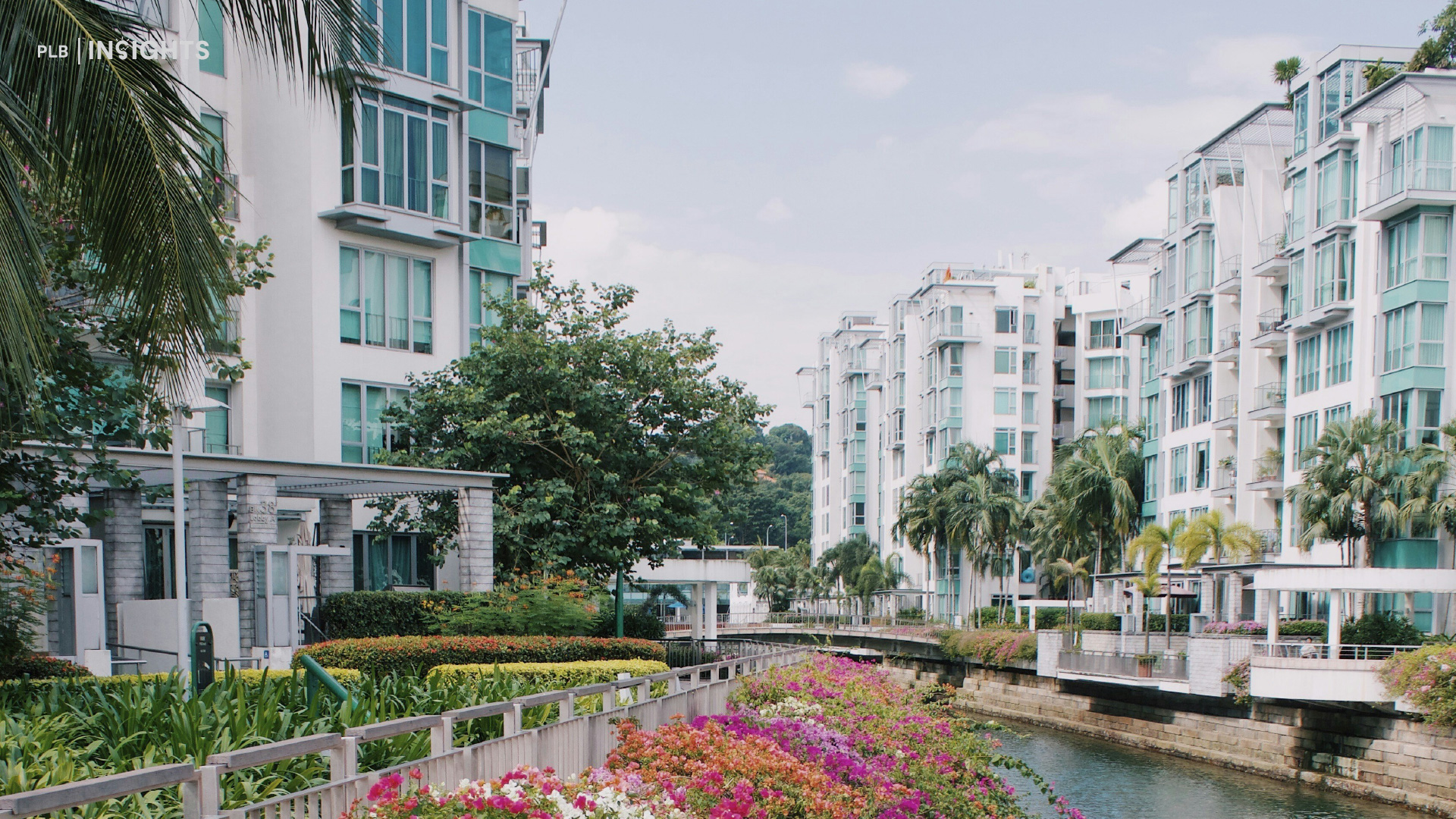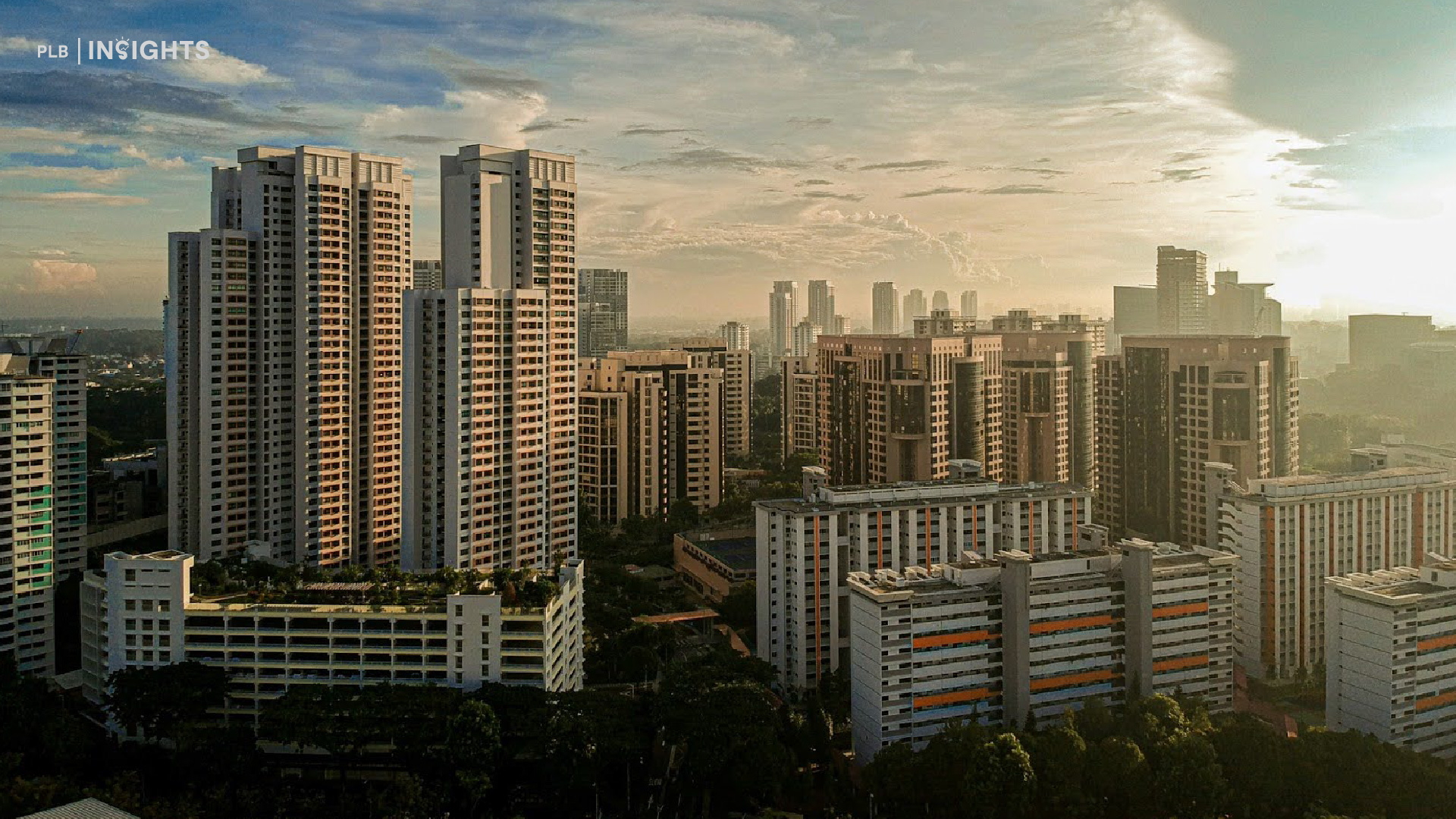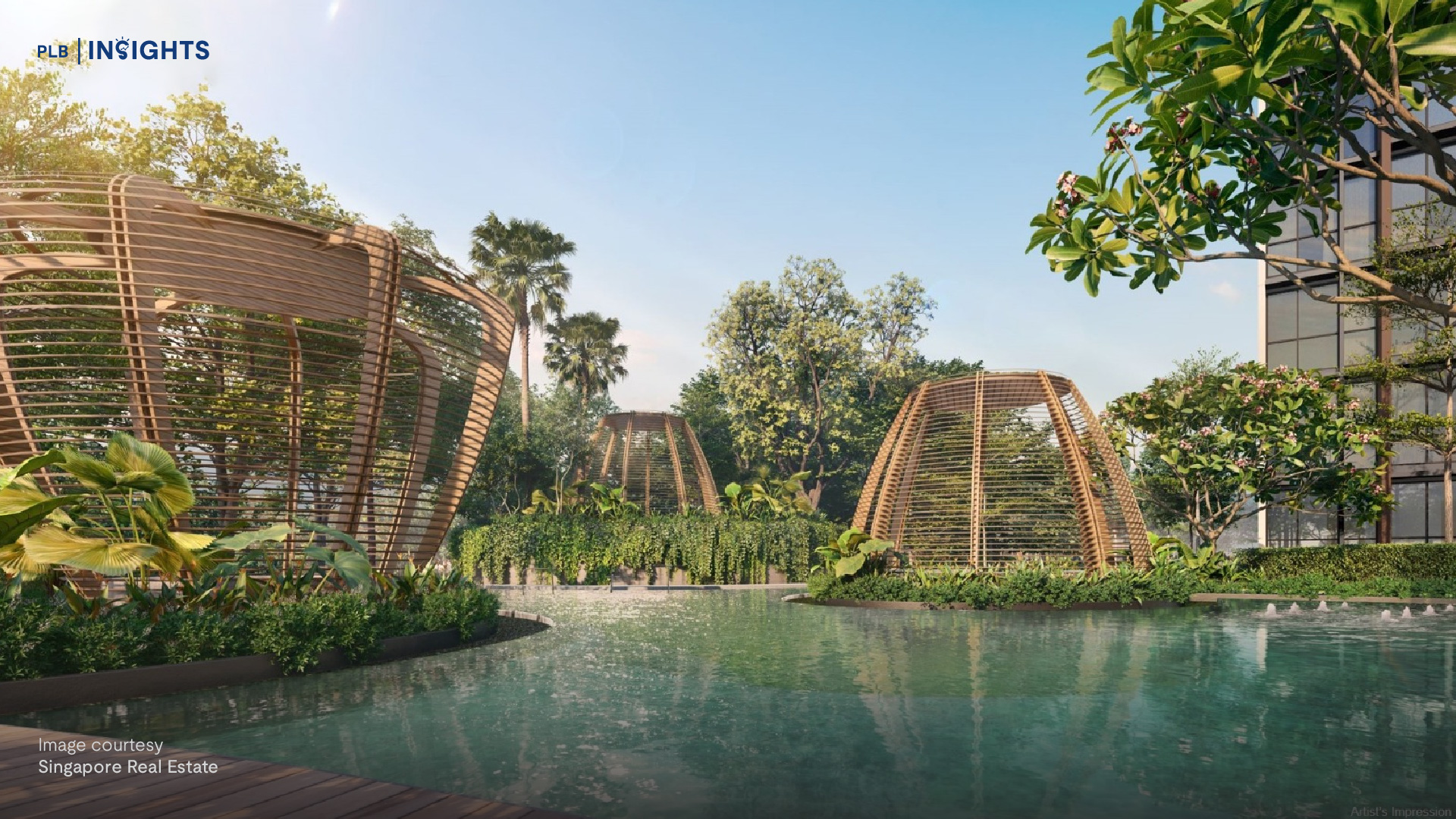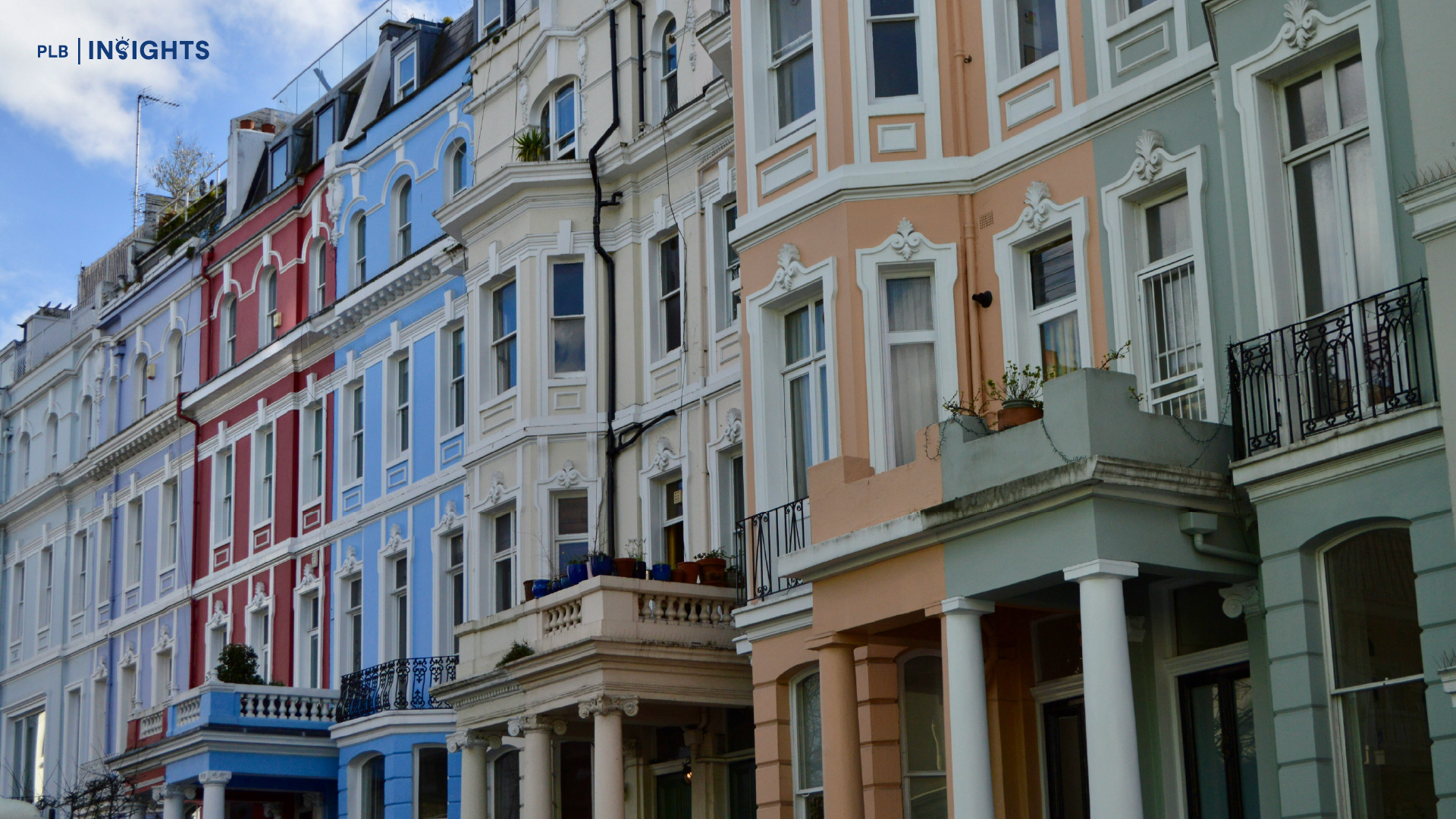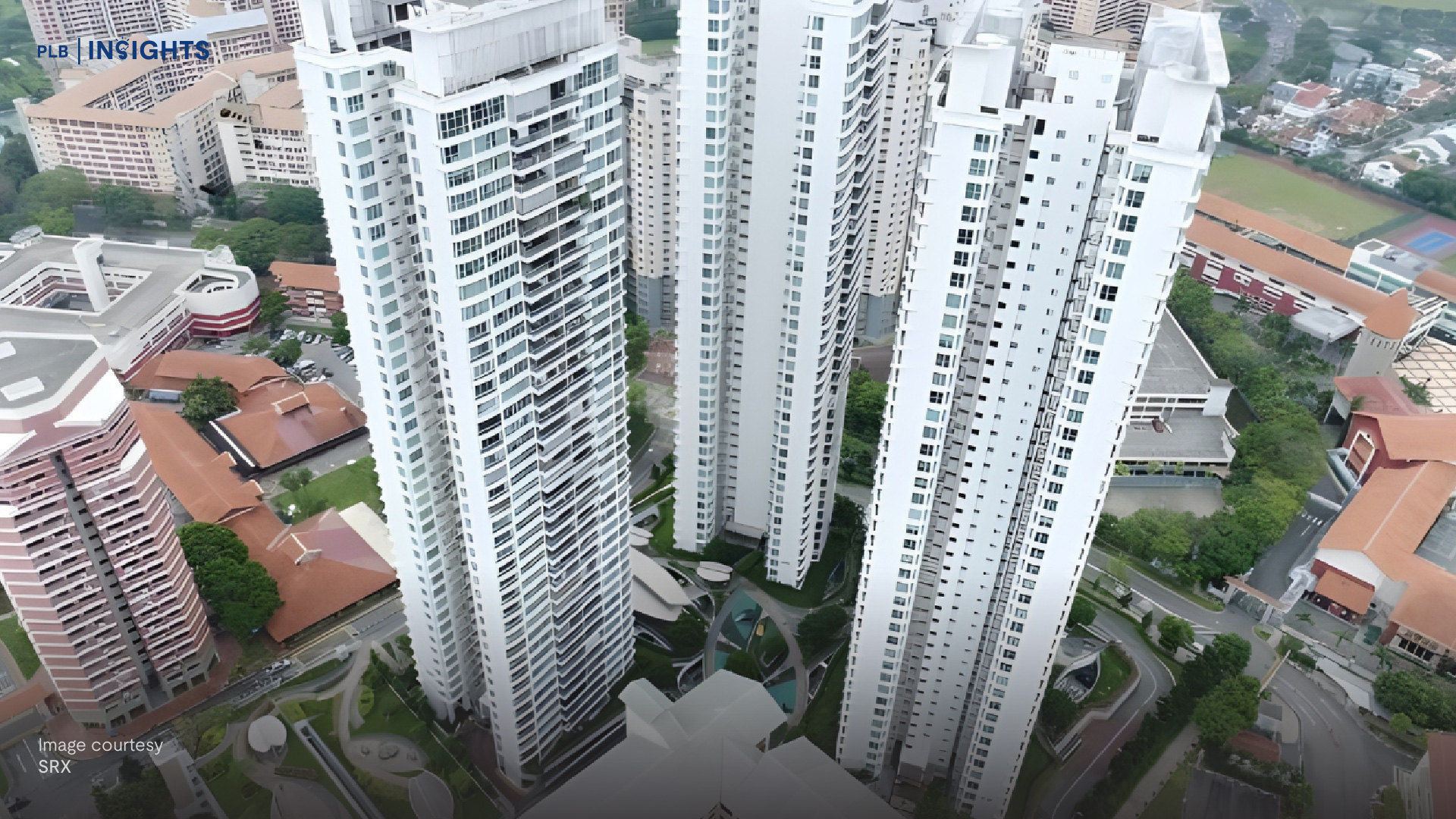In the first quarter of 2021, the Urban Redevelopment Authority (URA) non-landed residential price index has increased quarter-on-quarter by 3.3%—the fourth consecutive quarter of price increase and the biggest gain since the second quarter of 2018. The continued uptrend of private home prices should again prompt the government to step forward and urge property buyers to exercise prudence like they did three months ago. But with interest rates still at all-time lows and HDB flat owners sensing an opportune time to upgrade, buyers do not seem to be taking a step back.
If you recall, back in July 2018, the government raised Additional Buyer’s Stamp Duty (ABSD) and tightened loan curbs shortly after sounding warnings about a real estate market moving “ahead of economic fundamentals”. With the current property market mirroring that of 2018, it’s no surprise that almost everyone—from first-time buyers to upgraders to investors—are fearful of being priced out by further cooling measures. Because of this, they are choosing to act sooner rather than later, and this of course has the effect of heating up the market even more.
Compared to 2018, however, what’s heating up of the property market in 2021 is remarkably different, and here are some reasons why the government should hold back on, or at least think more deeply about what action to take before actually taking it.
First, a short recap. The rapid increase in property prices in 2018 was driven by the influx of foreign property developers from China with a lot of financial firepower. After driving up prices in mainland China and Hong Kong, these developers set their sights on Singapore and began bidding fanatically for en bloc tenders and Government Land Sales (GLS) sites. Sensing an existential threat, local developers sought to replenish their land bank before it was too late and directly competed against the Chinese developers.
At the same time, individual buyers were aware that the developer bidding frenzy would drive up private home prices in Singapore and were therefore compelled to enter the market as well. Together with competition from foreign buyers and the worry over HDB lease decay at the time, demand for condos soared and so did prices of private property. All of these factors, most of which originated outside of Singapore, led the government to impose additional cooling measures in July 2018 by increasing ABSD and tightening the Loan-to-Value (LTV) ratio.
This time however, the story is somewhat different. The only similarity is a low-interest rate environment and bear in mind that even before Covid-19 came along, the additional cooling measures of July 2018 were already starting to appear ineffective. After just two quarters of moderating prices due to the 2018 cooling measures, rising interest rates in the second-half of 2019 sparked another round of FOMO (fear of missing out) among property buyers. This was a robust reversal in the second quarter of 2019 that caused private home prices overall to exceed 2018 levels.

Then, the Covid-19 pandemic happened and while there were initial fears that a global recession would cause a property market crash, the return of home loan interest rates to well below 1% set the stage for buyer demand. And the crisis also prompted people to gravitate towards good defensive and safe haven assets, and Singapore real estate happens to fit the bill really well given our successful public health measures and economic relief packages that safeguarded jobs and incomes for many locals.
And unlike in 2018, the increase in the URA price index for non-landed residential properties is closely correlated to the HDB resale price index this time round. After being on a downtrend for years, HDB resale prices only stopped decreasing when the government announced higher grants for HDB resale flat buyers in September 2019. Then, after the Covid-19 circuit breaker, the HDB resale price index started to rise sharply in Q3 2020 before condo prices followed suit in Q4, implying that the HDB resale prices could be instrumental in driving the recent condo price increase.

Much of the upward pressure on HDB resale prices towards the second half of last year came from an increase in demand from first-time home buyers, who didn’t want to endure longer and more uncertain completion timelines for Build-to-Order (BTO) flats in light of Covid-19. And from our observations of the market, a contributing factor is also an increase in downgraders moving from private to HDB resale. Many of those who sold their HDB flats actually moved to buy condos after their flats were sold, and their financial ability to upgrade to a condo can be partly explained by the fact that many of these sold flats had been purchased before HDB resale value increased dramatically in 2013.

So, the heating up of the property market and all the activity we see this time round appears to be very much domestically driven, due to a stacking-up of various factors over time combined with the favourable interest rate environment right now. We believe that by and large, buyers are still buying private property within their financial ability and not over-stretching themselves, due to the Total Debt Servicing Ratio (TDSR) and loan-to-value (LTV) limits already in place that keep borrowing in check.
But if the government is adamant about intervening in the property market in 2021, here are the things it might do.
The first thing the government could do, if it is still concerned about Singaporeans buying condos beyond their means, could be to temporarily lower the TDSR from 60% at present to 50% or 55% for a specified duration. For this measure to have the intended effect, which is to delay property purchase among buyers until the economy shows more concrete signs of recovery, the government needs to convey upfront that this is a temporary measure of a fixed duration. Otherwise, buyers could very well still enter the market with whatever they can afford at a reduced budget, which will continue to drive prices up due to a concentration of demand on a handful of units below a certain quantum.
Speaking of quantum, developers have been increasing per square foot prices for years while downsizing new launch condo units in order to maintain a palatable entry price for buyers. Data makes this quite obvious; in the period after the circuit breaker, there’s been a noticeable difference when it comes to the price increase of new launch versus resale condos. Although median resale per square foot (psf) prices for resale condos have only increased by about 3.2% since the circuit breaker, median psf for new launch condos have actually increased more than three times the magnitude, by about 10.3% within the span of a single year, as the chart shows:

The uneven increase in prices in the new launch versus the resale condo markets makes a blanket implementation of cooling measures too heavy-handed. So, instead of increasing ABSD, lowering TDSR or implementing across-the-board measures, the government could decide to impose a tax specifically on the purchase of new launch condo units. Doing so also prevents existing homeowners and sellers in the condo resale market from being penalised by further cooling measures.
That being said, a tax on new launch condos will get a lot of blowback from developers, especially smaller ones who may find themselves in financial difficulty from the result of such a tax. In the worst-case, the tax could drastically affect sales, and a sudden drop in revenue could cause a cascading effect in which the completion of under construction projects are affected. And if this happens the consumer will certainly be the one with the most to lose.
Perhaps a better way for the government to tackle the root issue of manipulating unit sizes to reduce quantum would be to impose a levy on small-sized units beyond a certain percentage of a project’s unit mix, and this could encourage developers to be more circumspect. The government could also revamp the way development charges or differential premiums are levied on developers, so there are cost-saving alternatives for developers to build larger units with a lower quantum while still potentially making the same profit.
Admittedly, the above measures might cause too much of a stir or prove too complex to implement. The government is far more likely to take an easier road, which is to close loopholes that property buyers have been exploiting. And one big loophole that was recently closed was the restriction of Option to Purchase extension by property developers in September last year, which was done to curb buyer speculation and make the property market more accurate and transparent.
Looking more closely at the statistics, we can just about figure out what could be the next loophole that the government would want to plug. In the recent three quarters, URA transaction volume data shows that large proportion of buyers are those who already own an existing private property. There are also signs that a significant proportion of buyers are taking advantage of decoupling to buy new private homes without having to pay ABSD, judging by the dramatic increase in buyers without existing ownership of a residential property. This is reflected by the significant increase of the green portion in this graph:

So another likely method that the government might impose further cooling measures would be to clamp down on buyers who avoid ABSD via decoupling. To do so, MAS and IRAS could simply announce new regulations requiring buyers, especially married couples, who have had a name removed from the ownership of a private property to wait anywhere from 12 to 30 months before they can buy a residential property without having to incur ABSD. (HDB has already barred decoupling since 2016, except under special circumstances.)
Closing the decoupling loophole will no doubt anger many Singaporeans, and a 12 -to 30-month period where ABSD is still payable upon decoupling might not work as this merely kicks the can down the road, with buyers still entering the market the moment they can do so. Furthermore, there are many couples who are now choosing to buy their first residential properties under individual names, and these first-timers will be unaffected by any clamping down on decoupling. In any case, there’s more than one way in which buyers can circumvent ABSD, such as buying a second private residential property in trust of their child.
But the more you think about it, the more conceivable it is that the government will plug the decoupling loophole first before it decides to raise ABSD again, simply because governments hate tax loopholes, for obvious reasons.
The best cooling measure could be no cooling measure
Since 2013, the flurry of cooling measures and loan curbs imposed on the Singapore private property market had mostly achieved its intended effects. Homes have remained largely affordable for Singaporeans, and very few property owners are over-leveraged, including property investors. This is evidenced by the fact that the Covid-19 crisis did not lead to a significant increase in housing loan defaults, which is great news.
But while the earlier cooling measures might have achieved their desired outcomes, the 2018 implementation of additional cooling measures and its short-lived effects could imply that heavy-handed interventions, such as increasing ABSD, can eventually suffer from diminishing returns. Again, we must emphasise that the fear of ABSD could also lead to unintended panic buying.
So, here’s our bold suggestion: To cool the property market, perhaps what needs to be done is for the government to go public with a statement stating that it does not intend to introduce any cooling measures in the near future or anytime soon. Better still, if the government announces it may consider relaxing existing cooling measures, demand for condos and the price uptrend could moderate almost instantaneously because buyers will no longer be pressured to buy ASAP.
As much sense as these suggestions might make, we wouldn’t bet on any of these happening even though these reassuring signals could be the only effective means cool the property market right now.
Should property buyers be concerned about more cooling measures in 2021?
The bottomline is that it isn’t particularly wise to impose more cooling measures right now, because this will just further ingrain fear-induced buying deeper in the psyche of Singaporeans. Unfortunately, until the government does something or says something that indicates otherwise, it’s entirely logical to regard the current threat of cooling measures as very real, because what happened in 2018 is still very vivid in our minds. As the saying goes: Once bitten, twice shy.
Also, the shorter the perceived timeline, the bigger the risks. Buyers hoping to enter the market right now, be it for resale or new launch, aren’t holding all the chips in their hands. Especially for those who are looking to sell an existing property to finance a new purchase, the pressure to buy can result in settling for less or even making bad deals. So before you decide to make a move, check out our articles and balanced new launch reviews for independent and accurate insights into the property market, and speak to us if you want expert guidance to sell or buy a property in this current real estate climate.


